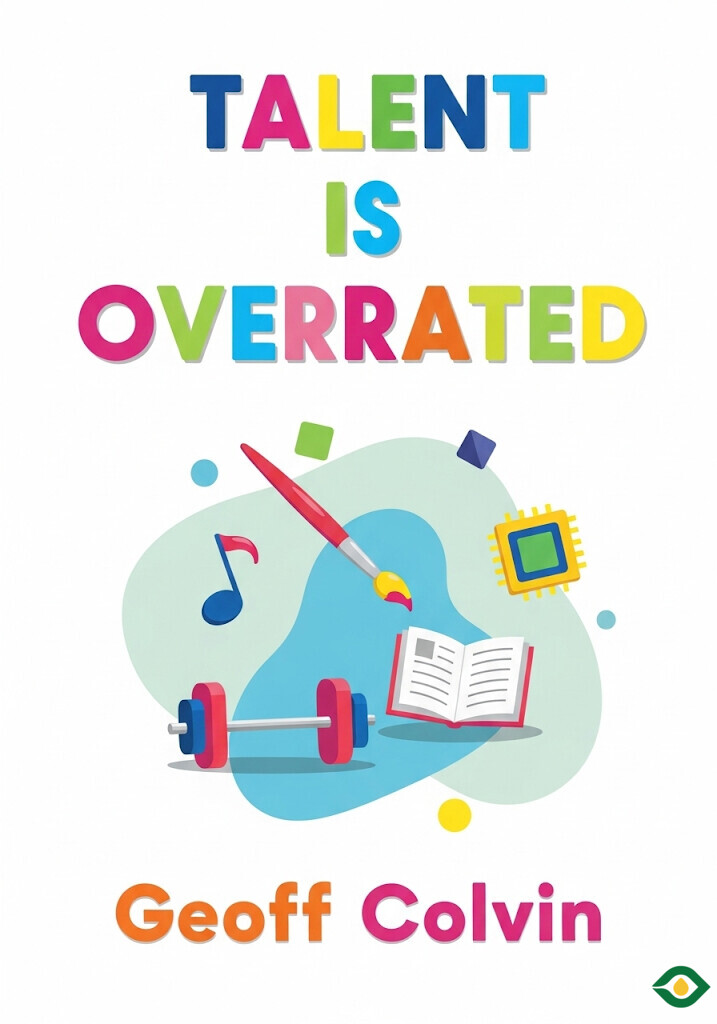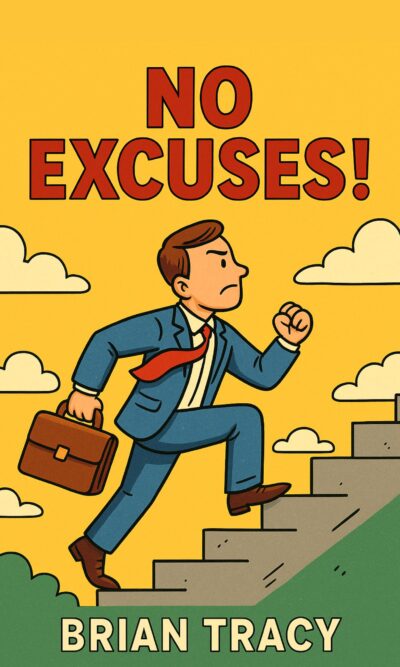Description
Most people think that greatness is something you are born with. We often believe that gifted athletes, musicians, or leaders had natural abilities that set them apart from the rest of us. But the truth is much different. Greatness is not a matter of being born talented. It is the result of years of hard, careful practice. This book shows us why talent is overrated, and how anyone willing to put in the right kind of effort can rise to the top of their field.
Let’s begin with experience. Many assume that spending more time at a job or hobby automatically makes you better. But research shows otherwise. Doctors with decades of practice often score worse on knowledge tests than newer doctors. Experienced stockbrokers are not necessarily better at predicting markets than their less experienced peers. Even auditors with years of practice don’t always detect fraud more accurately than beginners. Simply doing something for a long time does not guarantee improvement. Experience by itself is not enough.
What about intelligence? People with high IQ scores are often expected to succeed more. After all, intelligence is useful for solving problems and making decisions. But intelligence and achievement don’t go hand in hand as strongly as many believe. In one study, bosses assumed their smartest salespeople were their best performers. Yet when actual sales numbers were checked, intelligence had no impact on results. Similarly, in horse racing, the ability to predict winners was not linked to IQ at all. Some of the best forecasters had low IQs, while highly intelligent people often failed. Even in chess, a game associated with genius, many grandmasters do not score unusually high on IQ tests. Clearly, intelligence is not the key to world-class success.
Another myth is that creative breakthroughs come from sudden flashes of genius. Stories about scientists or leaders having an “aha” moment make it seem like brilliance strikes without warning. But deeper research shows that behind every sudden idea lies years of preparation. For example, composers usually need a decade of practice before producing their first important work. The same applies to writers, painters, and other creators. Breakthroughs are rarely spontaneous; they are built on a long foundation of skill and knowledge.
So if greatness isn’t about talent, experience, or intelligence, then what is it about? The answer is deliberate practice. Deliberate practice is not the same as simply working hard. It means practicing in a very focused way, zeroing in on specific weaknesses, and repeating them until they improve. It also means getting immediate feedback and adjusting based on what you learn. This is very different from just going through the motions or repeating something over and over without improvement.
One of the best examples of deliberate practice is the story of the Polgár sisters. Their father, László Polgár, believed that world-class performers are made, not born. He set out to prove it by raising his daughters to become chess champions. The girls were not naturally gifted at chess, nor were their parents experts in the game. But they grew up surrounded by chess, practiced for hours daily, and were constantly challenged to improve. The result: all three daughters became world-class chess players, and one of them became the first woman to ever achieve the title of grandmaster.
Deliberate practice changes the way people see, think, and even how their bodies function. Take professional tennis players: they don’t wait to see where the ball goes. Instead, they look at the server’s body and pick up tiny cues that ordinary players would never notice. This is not magic—it is the result of years of focused practice. Chess masters also demonstrate this principle. They can beat powerful computers not because they calculate faster, but because they recognize patterns built from years of study. In other words, they don’t need to consider millions of moves—they already know which ones matter.
Deliberate practice can even change the body itself. Long-distance runners often develop larger hearts through training. Musicians who practice from childhood can reshape parts of their brains, expanding areas related to sound and movement. In short, practice not only sharpens skills but can physically transform people into something they were not at the start.
Starting early in life has major advantages. Young people have more free time, fewer responsibilities, and supportive families who can encourage them. They also benefit from quicker learning speeds. Studies show that it takes twice as long to solve new problems in your sixties as in your twenties. That is why Nobel Prize winners are, on average, making their discoveries at older ages than before—it simply takes longer to master today’s growing bodies of knowledge. Beginning deliberate practice early provides a head start that is very hard to replace.
But even with early training, motivation is essential. Practicing at this level is difficult and exhausting. Without strong motivation, most people would give up. At first, motivation may come from outside. Parents may push children into lessons, or teachers may demand effort. But over time, great performers develop an inner drive. They begin to practice not because they are forced to, but because they want to. This inner passion is what sustains them through the endless hours required to reach the top.
Motivation often grows through the multiplier effect. A small advantage, such as being slightly better than others at the start, can snowball into bigger opportunities. Coaches may give you extra attention, or you may feel proud of your progress and want to keep going. Over time, these small boosts build into something much larger, fueling long-term commitment.
So what can adults do if they didn’t start early? The good news is that deliberate practice still works at any age. But it requires clear goals and focused determination. You need to know exactly what you want to achieve, and then design your practice around improving the skills that matter most. General effort will not bring greatness. Improvement comes only from targeting weaknesses and working on them directly.
Benjamin Franklin provides a great example. He wanted to become an excellent writer, so he didn’t just write a lot of essays. Instead, he picked specific weaknesses in his writing and worked on them. He would read newspaper articles, summarize them, and then rewrite them in different styles. Afterward, he compared his writing to the originals to see where he could improve. This constant cycle of practice and feedback eventually made him one of the finest writers of his era.
The main lesson is simple but powerful: greatness is not a gift. It is built through years of deliberate practice, fueled by motivation, and sharpened by feedback. Anyone willing to put in this kind of effort can achieve far more than they believe possible. Talent may make the journey easier in some cases, but it is practice—not talent—that separates the average from the extraordinary.
In the end, the book gives us hope. We do not need to be born geniuses to succeed. What we need is focus, patience, and the courage to work deliberately on the things that matter most. If we are willing to practice in this way, greatness is within our reach.





